Matches are played on Sundays. On the extensive grounds of Hardhof in Zurich, AC Tabula Rasant are playing against FC Widerstand Wipkingen, Real Azul against Zwietracht Turicum, and FC Tormotor 07 against Olympique Lettenwiese. Three matches kick off at the same time, which means that between 10 a.m. and 6 p.m. all 46 teams in Zurich’s alternative league – including eight women’s teams – can theoretically play on the same day. On match days there is a lot of coming and going at Hardhof, but many people also stay on. After the final whistle, most of the players enjoy a beer with their opponents, meet up with friends or watch other league matches as spectators. It is this “third half” above all that distinguishes the alternative league from normal club football, according to the league’s long-serving chairman, Mämä Sykora. He points to the code of conduct in the association’s rulebook: “Great matches against friendly opponents, not ugly games against nasty opponents, are the aim of this league.” Respect for opposing players is of paramount importance in the rules “and players shake hands after the match”. Fair play is particularly rewarded and after victories counts above goal difference in the league table. Strengthening teams with external players, such as talent from “normal” clubs outside the alternative league, is also deemed unfair. Discrimination and violence on the pitch are not tolerated. Sykora has experienced just one violent incident during his 14-year stint in office. The guilty player was barred from playing in the league.
On the radar of the state security service
The Fortschrittliche Schweizerische Fussballverband (Progressive Swiss Football Association), as Zurich’s alternative league has been officially known since its foundation in 1977, stopped pursuing political objectives some time ago. At the time, anarchistic groups hoped to at least bring the fragmented left wing in Zurich “together on the football pitch if not around a table”, writes former midfield player Christoph Kohler, historian and writer of the documentary film “Ein Tor für die Revolution” (A Goal for the Revolution), in the association’s history. The left-wing footballers were soon on the state security service’s radar as the file entry of 7 July 1977 (see image) shows. The Zurich Office of Sport had obviously handed the membership lists required to use the pitches directly over to the police. The authorities did not apologise until decades later. To make amends, the Office of Sport made the Letzigrund stadium in Zurich available to the association for the finals in 1992, the year which marked the association’s 25-year anniversary.
Ambition at odds with left-wing ideals
The founders wanted to transfer their left-wing ideals to the football pitch. Referees, league tables and uniform football kits were abolished. Instead the right to strike was introduced. Anyone who felt that fairness was being sacrificed for “victory at all costs” could call for a match to be interrupted and for a discussion to be held. However, according to Kohler, the ideals failed not least because “ambition and the desire to win are not so much symptoms of capitalism as an intrinsic part of football”. The women, with their physical disadvantage, also came to feel this. While they were initially allowed to play with the men as a sign of equality, they saw less and less action as time went on. The disappointed female players initially formed a women’s team called Mama Zurigo, but gave up after a season. The alternative league was a low-key affair during the 1980s.
It experienced another upturn during the 1990s. In 1994, the Swiss national team caused a stir at the World Cup in the USA. Those on the left-wing scene were also on the edge of their seats. Football became fashionable among party-goers too. Teams from nightclubs, trendy bars and cultural centres increasingly joined the alternative league. De-politicisation was also taking place on the pitch: referees were reintroduced and the official rules of the Swiss Football Federation were applied and still apply today with very few exceptions.
Leagues launched in Berne, Basel and St. Gallen
At the turn of the millennium, alternative leagues also emerged in other German-speaking Swiss cities, such as Basel (Unsri Liga), St. Gallen (Brodworscht-League) and Berne (F.O.U.L). There, a team from the Reitschule – an autonomous cultural centre – took the initiative in 1995 to found an alternative league, originally consisting of four teams. Twenty men’s teams now play in two divisions on the Allmend pitches in Berne on alternative league match days. A seven-team women’s league was launched in 2010. It includes the female footballers of Miss en place.
The idea to start a women’s team came about over an after-work beer in autumn 2013, recalls Lisia Bürgi. At the time, the student was working at a restaurant in Berne where the staff already had a men’s team. Bürgi had never played football before. Overcoming her inhibitions and joining a normal club without any previous experience would have been a step too far for the 23-year-old. “It’s all about having fun for us. And it’s great to see how we are constantly improving technically.” As there are not many proper matches in the women’s league with just six games each in the first and second halves of the season, Miss en place attach great importance to their weekly training sessions. The women playing in the Bernese league recently also attended a crash course held by an experienced referee. As is customary in all alternative leagues, every women’s team also has to provide three officials to referee the matches of the other teams. “That has helped us a great deal. Having to make a penalty decision in the heat of the moment is not always easy,” says Bürgi.
Theodora Peter is a freelance journalist in Berne
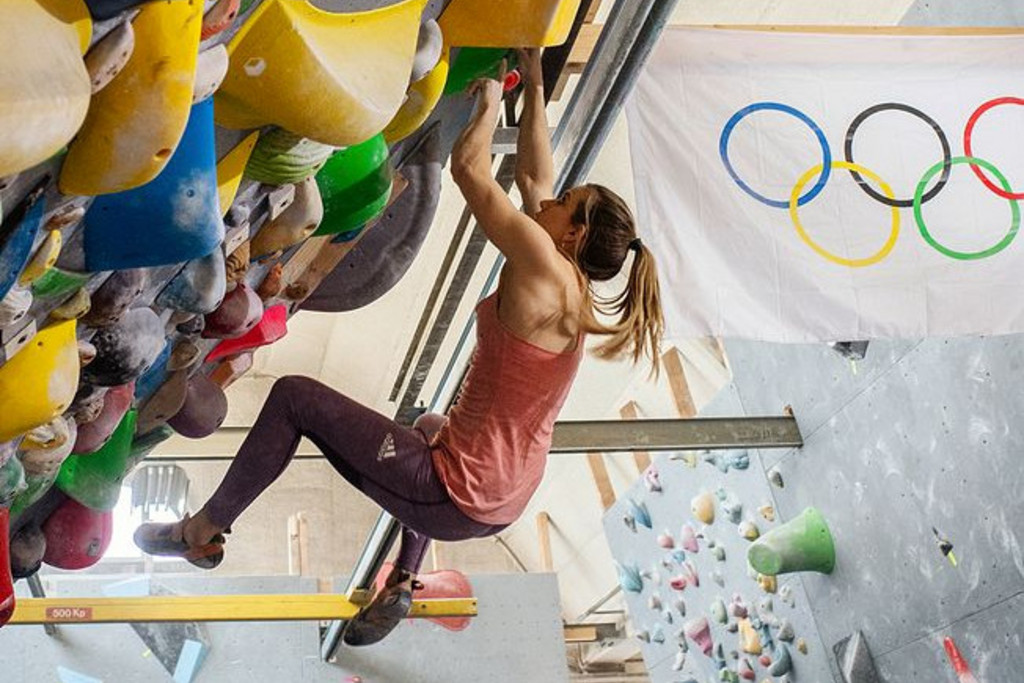
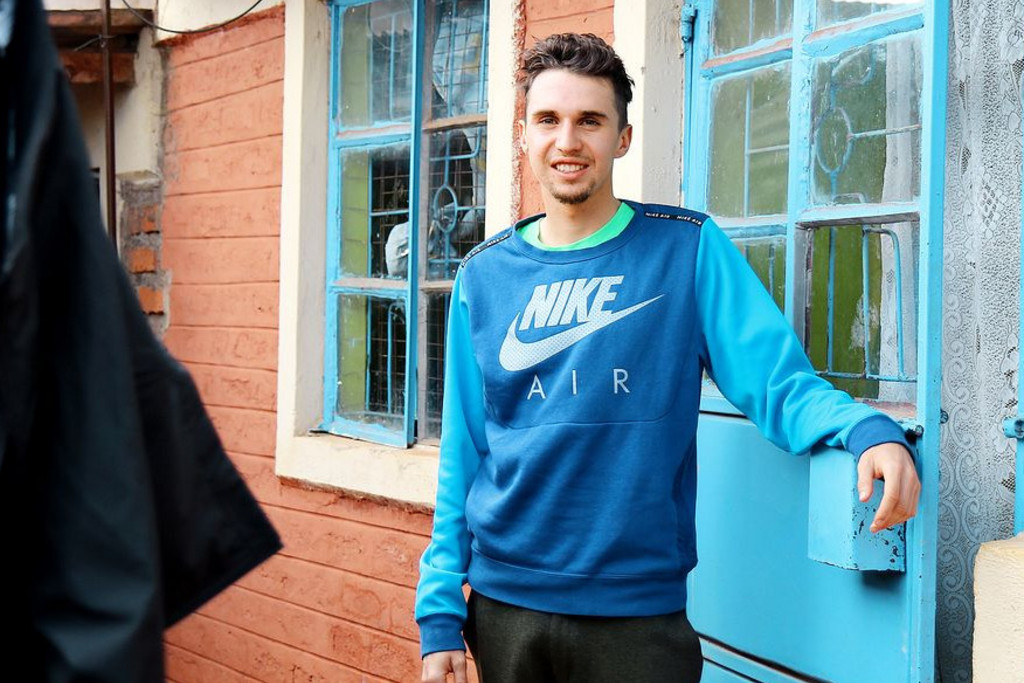
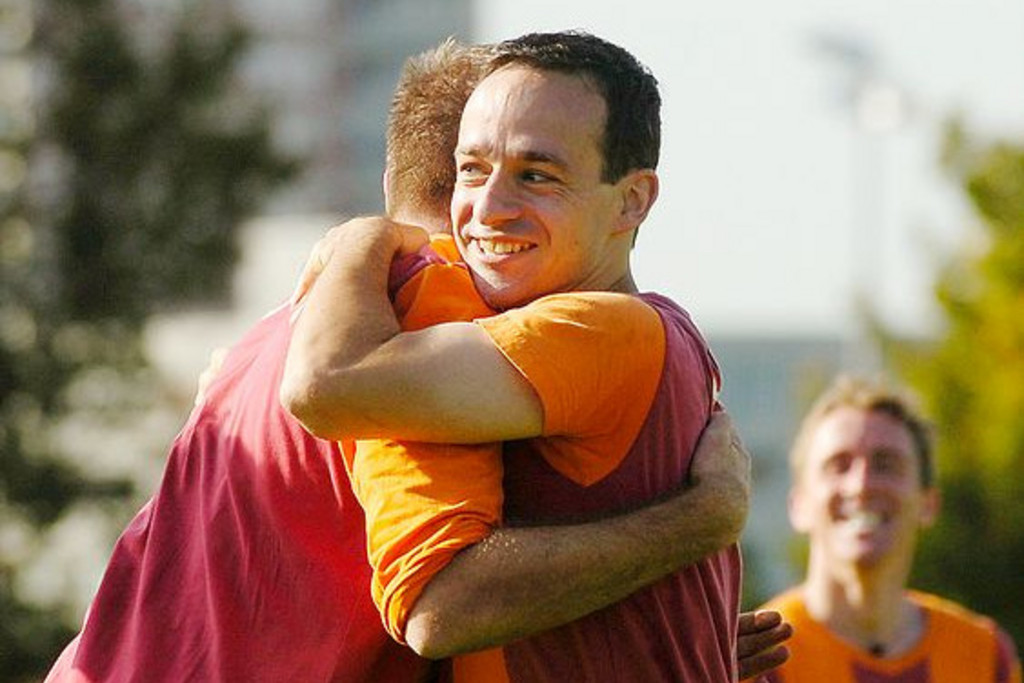
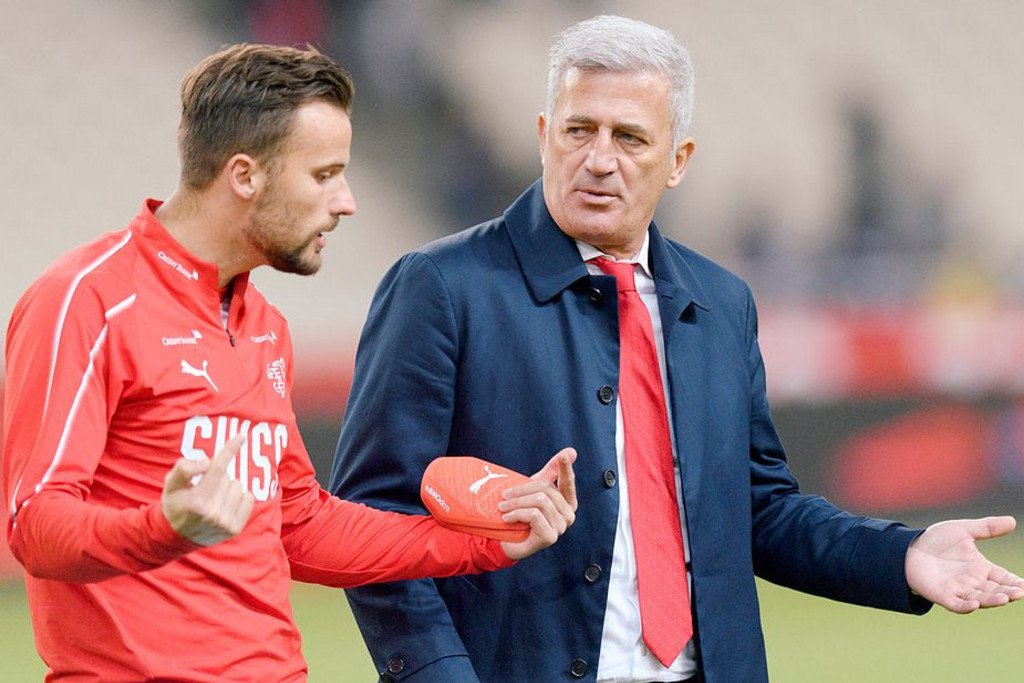
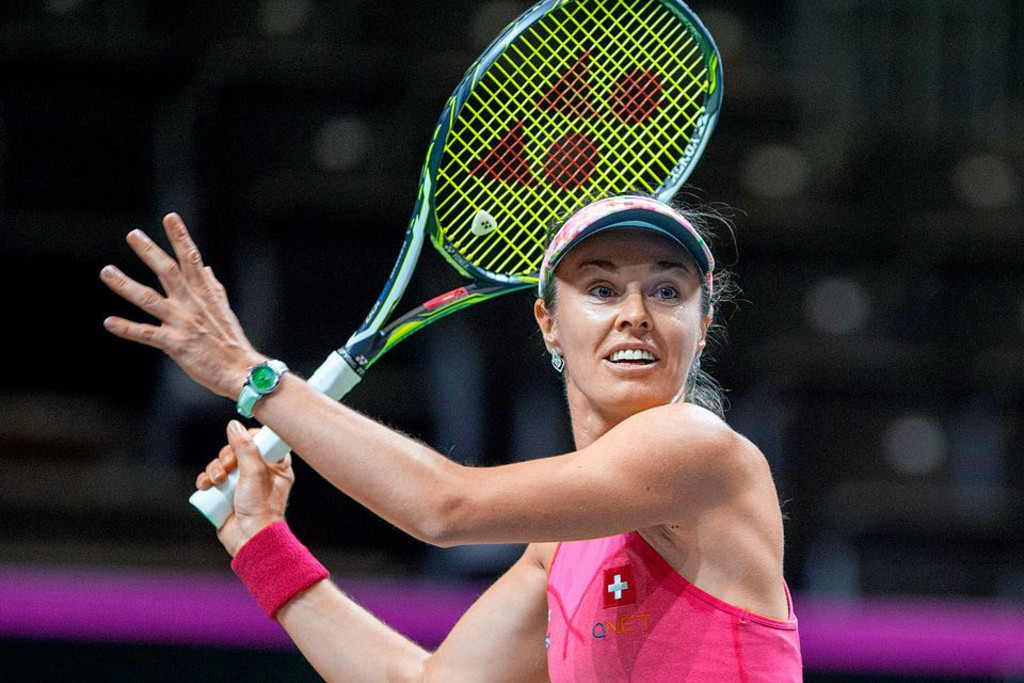
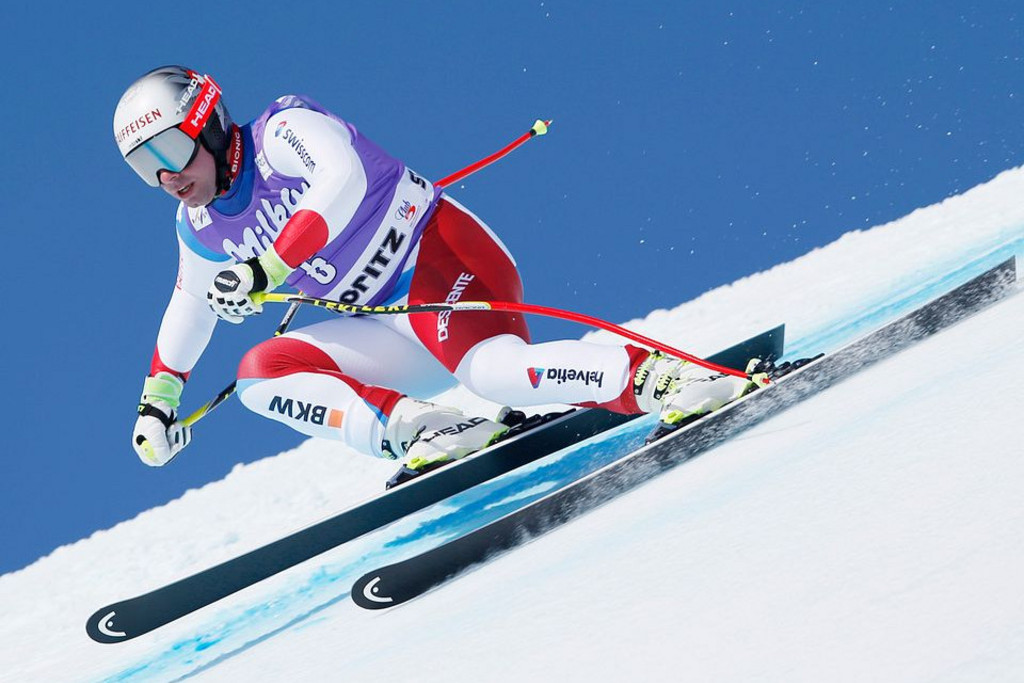
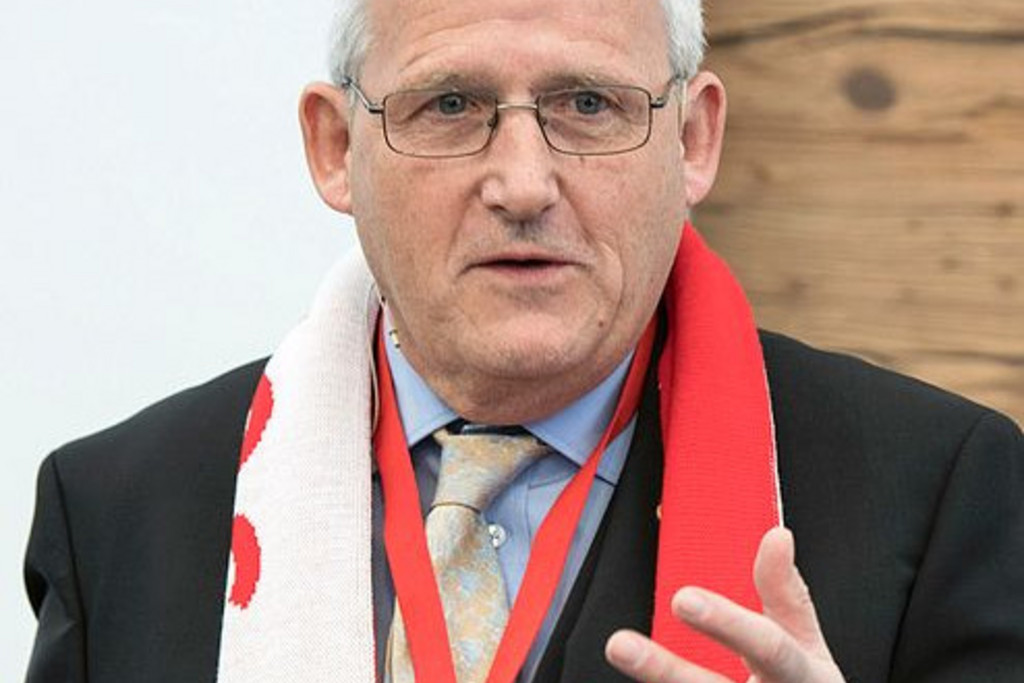
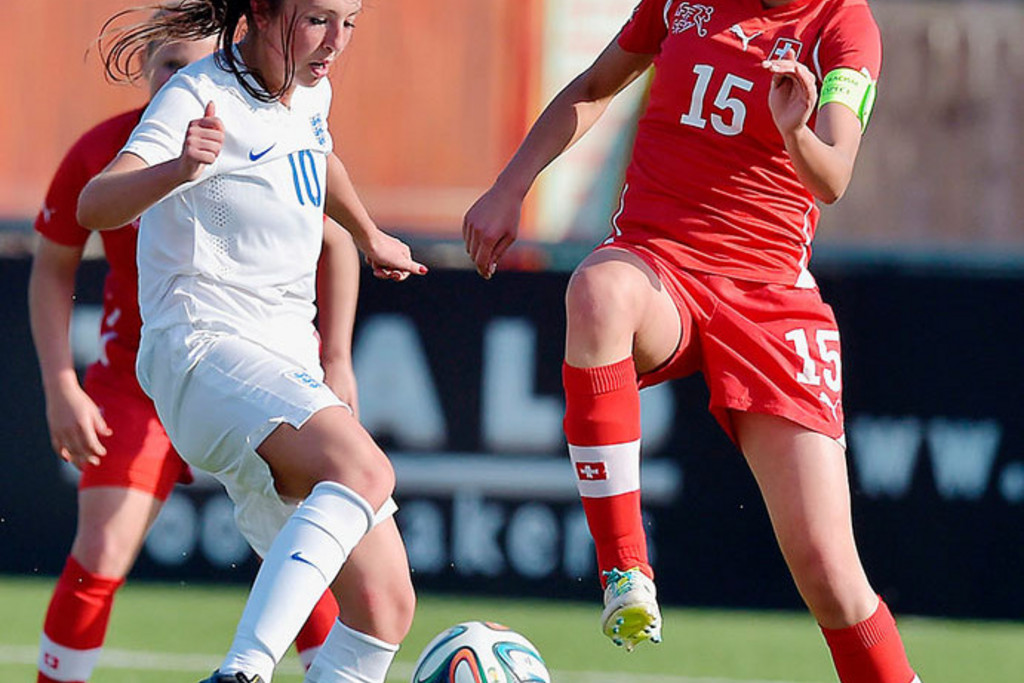



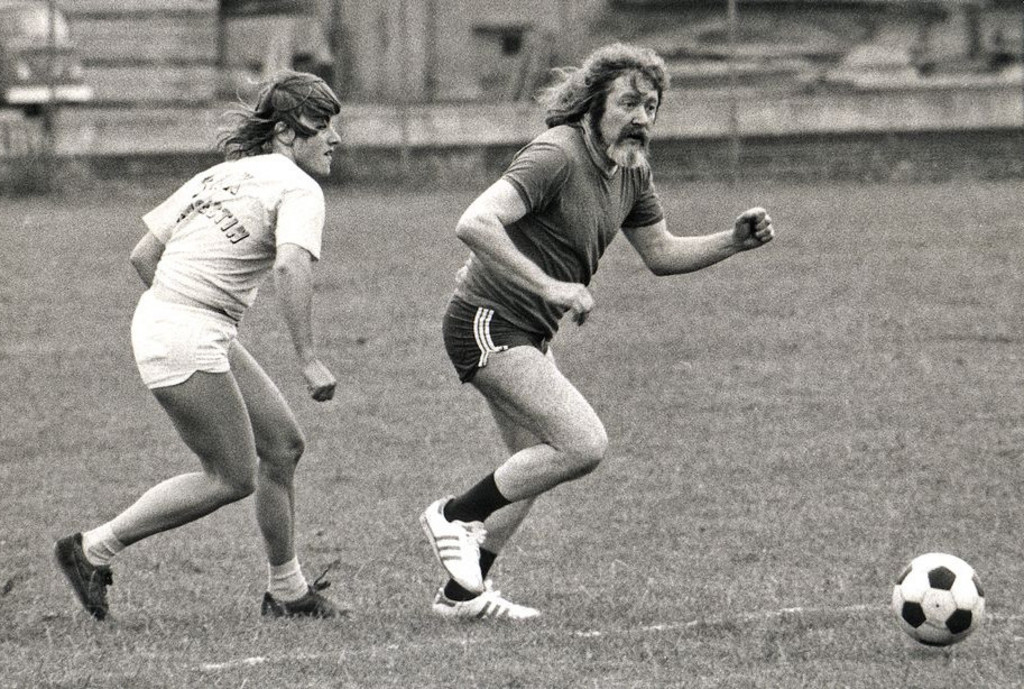
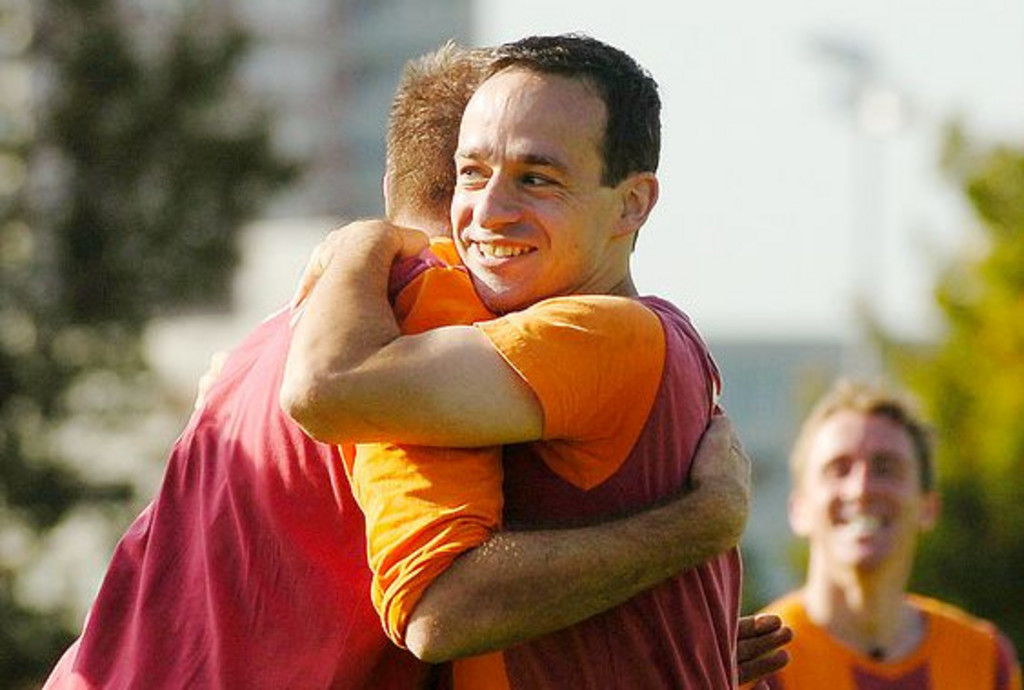
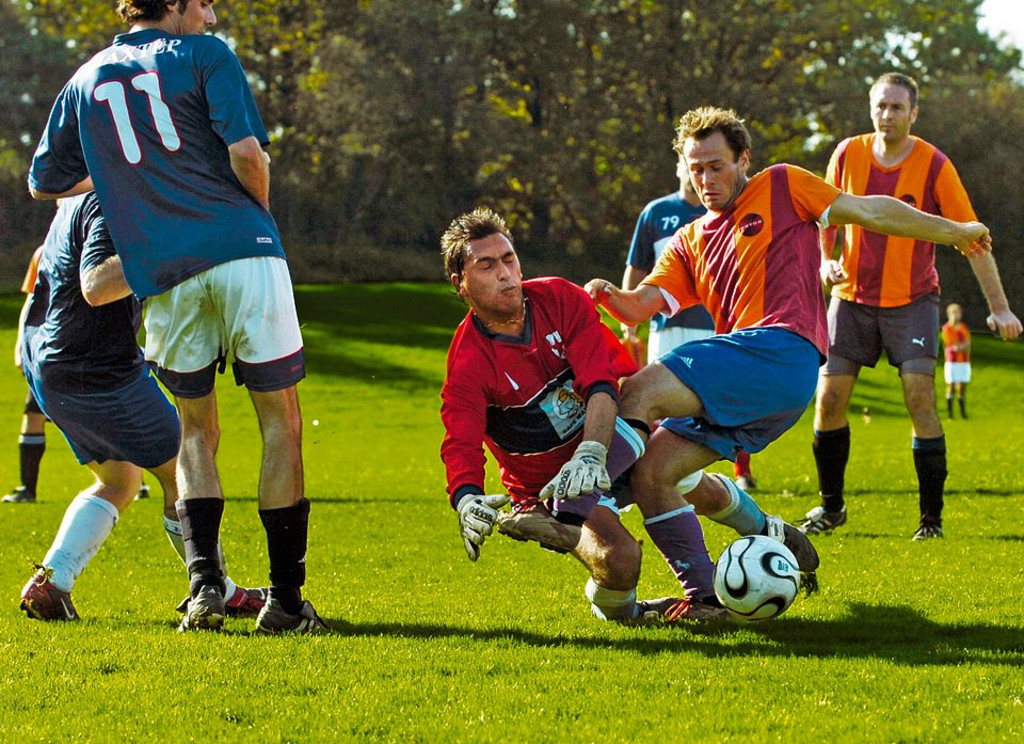
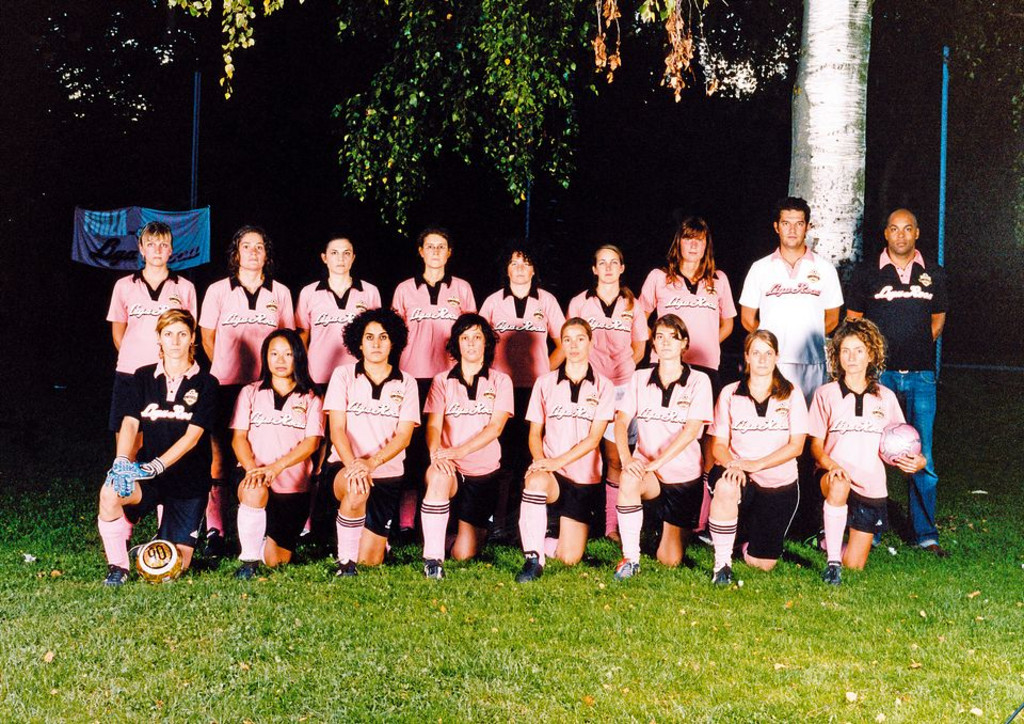
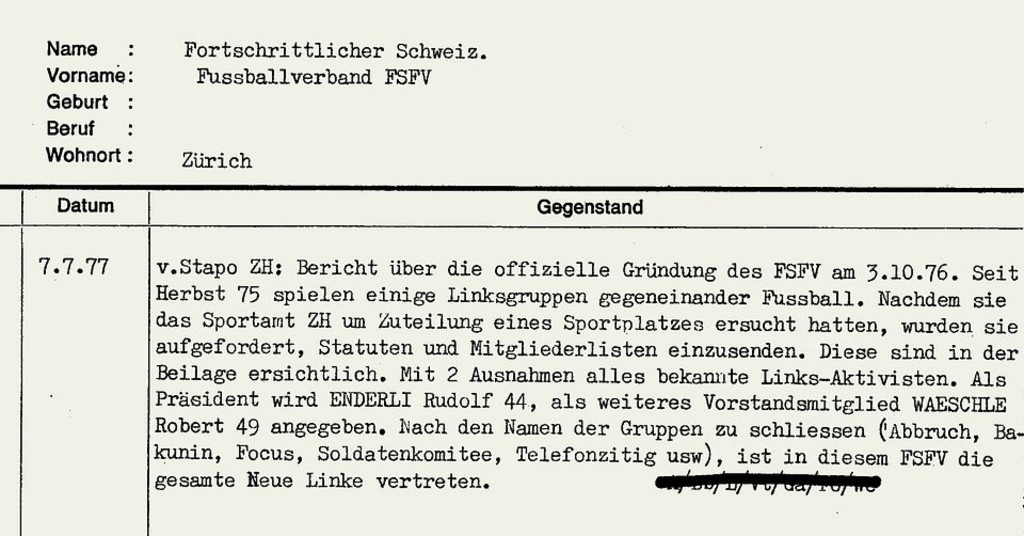
Comments